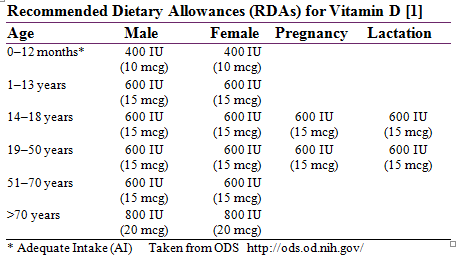Nutrition
Do you remember that familiar saying told to you by
your parents? “An apple a day keeps the doctor away”? This actually turns out
to be true and not just a scheme to get you to eat healthy. Apples have
important vitamins that help the body fight off skin disease. They are good
sources of vitamin C and vitamin E which protects the body’s tissue from free radicals
which are responsible for skin aging. Although apples are good for you, they
are many other forms of nourishment that positively affect the body.
By definition, nutrition is the process of providing
or obtaining the food necessary for health and growth. Nutrition, if it is the
right kind, can prevent diseases, conditions, or problems from surfacing that
can be very detrimental. Some diseases that are known to be caused by unhealthy
eating are cancer, diabetes, and arthritis. With the right nutrition, vitamins
can help prevent these diseases from entering out bodies.
Vitamins are organic compounds that directly aid in
the correct function of a certain bodily organ or system. For example, vitamin
A is usually found in dairy products, meat, and fish. It helps increase the
growth of hair and, among other things, assists with the correction and/or
strengthening of our vision. Other examples of essential vitamins are vitamin C
and vitamin D. Vitamin C can be found in citrus fruits such as lemons, oranges,
and tangerines. Vitamin C is a major vitamin because it strengthens our immune
systems and speeds up our healing process when we get sick. Vitamin D is also a
major vitamin needed in our systems. It strengthens our bones and teeth by
absorbing calcium. It is found in products such a fish, fish oils, and dairy.
Iodine, which is found in seaweed and seafood, assists with Thyroid function.
It controls the body’s temperature and stabilizes the metabolism.
Just as there are rewards to having a proper intake of
the right vitamins, there are also major consequences to not having that correct
intake. As stated before, there are many diseases that can surface if you do
not eat healthy. Diseases like Type II Diabetes, Coronary Heart Disease, and
High Blood Pressure are just at the top of the list of the many diseases caused
by an unhealthy diet.
Swollen gums are a symptom of scurvy.
Scurvy,
for example, is
a disease caused by the lack of vitamin C. It’s characterized by bleeding of
the gums; loss of teeth, and internal bleeding. It was a major problem among
pirates in the 1500s. The disease Rickets is a disorder that becomes apparent during childhood.
It is the result of insufficient amounts of vitamin D in the body. Vitamin D is
essential to the body’s bone structure. Osteoporosis is another disease caused
by a lack of vitamin D. It’s a disease in which the densities of our bones have
been reduced. Unlike Rickets, Osteoporosis occurs in older adults.

Left: normal bone Right: Osteoporotic bone
Healthy
nutrition is important to the survival of the human body. The vitamins found in
different types of foods help the body become stronger and less susceptible to
harmful diseases. It’s imperative to eat the right foods to get the right
vitamins in your system as a kind of preventative medicine against illnesses.
Eating right can sometimes be the difference between living a healthy life and
suffering from a terminal illness. In this case I must say that the old adage
is true, an apple a day does in fact keep the doctor, as well as a variety of
illnesses, at bay.
Resources:
http://www.iofbonehealth.org/what-is-osteoporosis
http://www.webmd.com/osteoporosis/
http://www.webmd.com/diet/rickets-vitamin-d-deficiency
www.monzy.com/scurvy/
http://www.livestrong.com/article/84174-illnesses-caused-bad-diet/
http://www.mnn.com/food/healthy-eating/stories/10-reasons-to-eat-an-apple-a-day
www.medicalnewstoday.com/articles/160774.php







